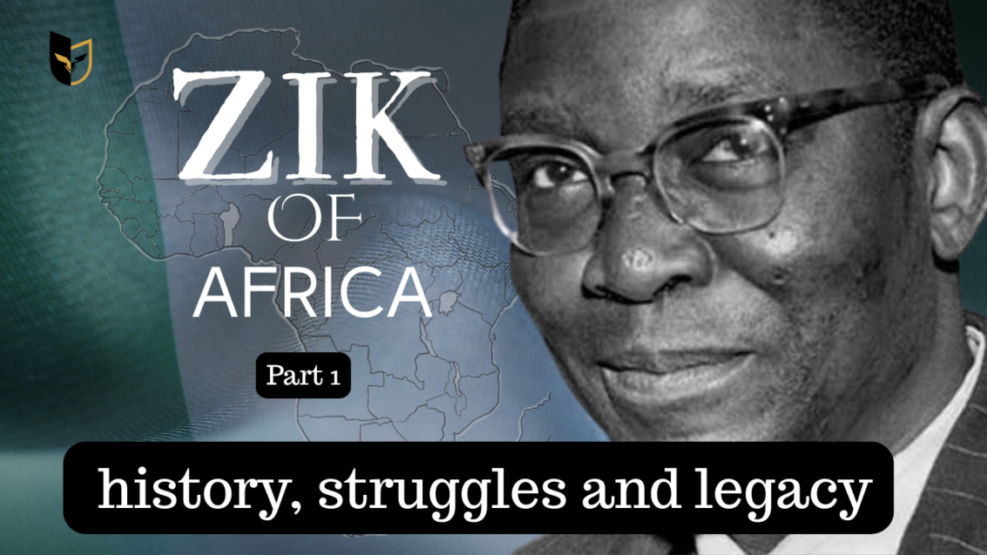No products in the cart.


I first came to Abuja a little above two decades ago. By my estimation, it was a period when the city could be said to be a peaceful city. People walked in confidence even at midnight. That was the time the city was still a little less of the bustling as seen lately. It was a quiet, neat and calm city. The tall buildings were scanty and many of the current roads were still bushes. People were assisted without hesitation. Night life was safer unlike these times when insecurity has taken over the peacefulness of the city.
At that time, I could ask for a lift and confidently and genuinely, people stopped to take me to my destination. There was no fear of being kidnapped or killed for ritual and otherwise. People were still honest. The roads were free and people were still law-abiding. People respected themselves and feared the city – the seat of the federal government.
Then Abuja began to fill up. Year after year, bushes were converted to houses, new roads were constructed and existing roads were expanded as those who only visited once in a while would not recognise the new developments. People started pouring in, in large numbers. As people get unsettled across the country over insecurity which was partly a reason for the surge of new settlers. The migration into Abuja brought about many developments. Housing estates sprang up and new districts developed. Also, crimes and criminally minded people arrived.
Many settlements which were demolished by the El-Rufai administration sprang up again. Adamu Gwary, Director of Security Services in the FCTA, said that such “settlements had become safe havens for criminals in the FCT.”
I encountered three different episodes of fraudsters popularly known as one-chance. The criminals operating as one-chance are often disguised as commercial taxi drivers or even private vehicle operators. They are often with few occupants pretending to be fellow passengers. They would pick innocent unsuspecting victims and at times take them to secluded places and dispossess them of their belongings including emptying their bank accounts.
I had boarded a taxi going to AYA – a popular roundabout in Asokoro district. I would make a stop along the way at Lungi Barracks where I was teaching at the time. I had invigilation of exams that day. After covering a little distance, the man seated by my side asked the driver to stop. And that he had a “Ghana-must-go” bag filled with dollars which he stole from his boss in revenge for his maltreatment. Out of naivety, I asked him why he stole the money. I asked the driver to take us to the police station. Unbeknownst to me, all the occupants of the vehicle were on the same mission. That was my first encounter. We kept arguing about the merits of taking the man to the police station. When I recalled that I was running late, I asked the driver to stop the car. They must have heaved a big sigh of relief that I left them and didn’t make a good catch.
People are now attacked with machetes, daggers and axes. Kidnapping, phone snatching, carjacking and other forms of criminalities are on the rise.
The targets of these hoodlums are men and women who unfortunately are waiting to board taxis, walking on the road or packed their cars to answer nature’s call or unfortunate car failure. They also attack people in the name of asking for a lift, snatch ladies bags and snatch people’s phones at bus stops. They command people to open their car doors and control the driver to take the route of their choice which sometimes are to the ATMs where at gunpoint; they would make their victim withdraw to the last of what is left in the bank account. These days, they kill and injure their victims.
A friend was stabbed to death because he gave two people a lift. A colleague was attacked with a machete for walking up to where he can get a taxi. Another acquaintance was kidnapped for a week. While another was robbed of his savings at gunpoint. There are many instances of car stealing which I am almost a victim of if not for providence.
Another trick of theirs is to hit ones car and when the person alights to check for any damage, other people will surround the car, some will try to distract the driver while they steal.
There is no longer fear that the federal government and all security architecture of the country reside in Abuja. There is no more living like gentlemen in Abuja. Life is threatened each day. It is now a point of prayer that one doesn’t get into a situation to confront these hoodlums aiming to take lives.
A director in the Administration’s Security Services Department, Dr. Abdul-lateef Bello said, “We have to bring all our G-7 partners to help us collaborate, so we can embark on simultaneous and joint raids to keep some of these bad elements out of the FCT.”
These bad elements are changing this once beautiful city to an insecure city, the increase of which may be also as a result of the harsh economy being experienced. And beyond the coverage of the inadequate security personnel, people are seriously wounded daily and lives are cut short.
Abuja is becoming the beautiful city of criminals.